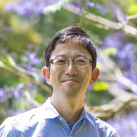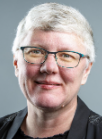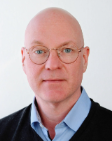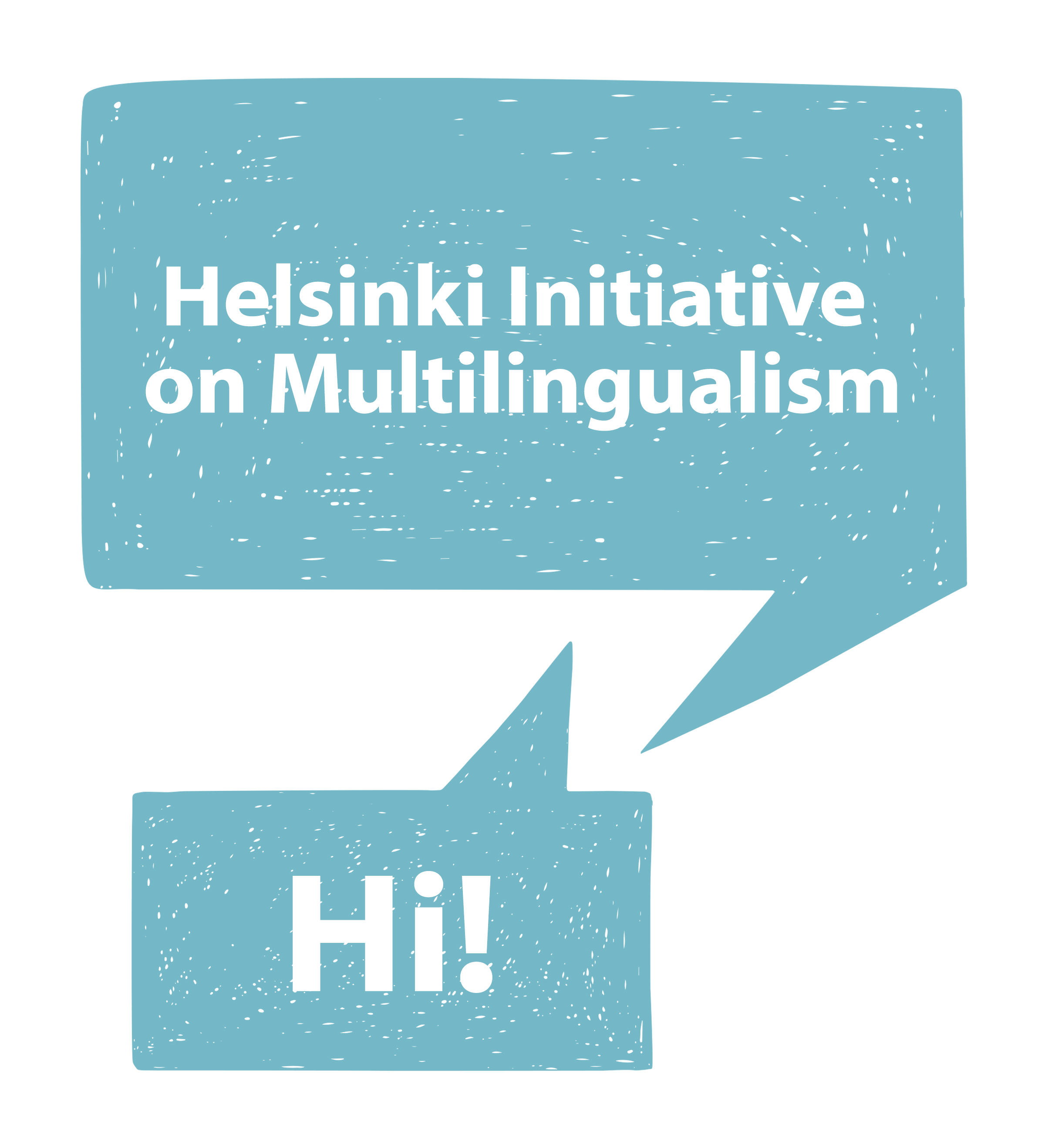Helsinki Initiative Webinar on Multilingualism in Scholarly Communication
Date & time: 31 May 2023 10:00-11:30 CEST
Helsinki Initiative organizes a webinar series on Multilingualism in Scholarly Communication with speakers representing different expert communities and strands of work. This event includes three presentations ranging from language barriers in conservation science to machine translation in scholarly communication and mapping the global journal landscape.
Programme
- Emanuel Kulczycki (chair): Welcome
- Tatsuya Amano: Language barriers in conservation science: consequences and solutions
 amano_language_barriers_conservation_science.pdf
amano_language_barriers_conservation_science.pdf
The issue of language barriers in science has long been recognised, yet rarely seriously addressed within scientific communities. However, recent research has revealed that this is a multi-faceted problem that can severely hinder the advance of science and its contribution to addressing global challenges including the biodiversity crisis. This presentation will overview how language barriers can impede the conservation of global biodiversity in three major ways. It will also summarise practical solutions that can be implemented by individuals, institutions, journals, societies, and funders.
- Lynne Bowker: Machine translation and scholarly communication
 bowker_machine_translation_and_scholarly_communication_31052023.pdf
bowker_machine_translation_and_scholarly_communication_31052023.pdf
Recent advances in machine translation technologies have brought increased translation quality, but the tools are still not perfect. Better results can be obtained for widely used languages and common domains, but what does this mean for scholars who speak less widely used languages and work in highly specialized fields? This presentation will provide some tips on machine translation literacy and consider how AI-based language tools can support multilingual scholarly communication.
- Mikael Laakso & Janne Pölönen: Mapping the global landscape of scholarly journals
 laakso_polonen_global_landscape_of_journals_31052023.pdf
laakso_polonen_global_landscape_of_journals_31052023.pdf
This presentation will focus on the limitations we currently have in understanding the full global scholarly journal landscape. Substantial shares of published works are currently invisible to most bibliometric studies due to the composition of current leading bibliographic databases. Based on findings so far this affects non-English and multilingual journals more than others. We will present what we know about the current problems in global representation, and suggest some paths forward.
The event is free and open for everyone to participate without registration.
For further information email helsinki-initiative@tsv.fi.
Speakers:
 Tatsuya Amano is a Senior Lecturer at the University of Queensland, Australia, and is the Deputy Director in Research at the Centre for Biodiversity and Conservation Science also at UQ. Tatsuya is committed to improving the way we conserve biodiversity, from the generation and interpretation of scientific evidence to the transfer of evidence to decisions and societies. His translatE project (https://translatesciences.com/) applies scientific approaches to understanding the consequences of language barriers in science and devising solutions, with the aim of maximising scientific contribution to global biodiversity conservation.
Tatsuya Amano is a Senior Lecturer at the University of Queensland, Australia, and is the Deputy Director in Research at the Centre for Biodiversity and Conservation Science also at UQ. Tatsuya is committed to improving the way we conserve biodiversity, from the generation and interpretation of scientific evidence to the transfer of evidence to decisions and societies. His translatE project (https://translatesciences.com/) applies scientific approaches to understanding the consequences of language barriers in science and devising solutions, with the aim of maximising scientific contribution to global biodiversity conservation.
 Lynne Bowker is Full Professor at the University of Ottawa (Canada), where she holds a cross-appointment between the School of Translation and Interpretation and the School of Information Studies. Her research interests lie at the intersection of language and technologies, including machine translation tools (e.g. Google Translate, DeepL Translator). Funded by the Polish National Agency for Academic Exchange (NAWA), she is currently a Visiting Researcher in the Scholarly Communication Research Group at the Adam Mickiewicz University in Poznań, where she is investigating the potential of machine translation for supporting multilingual scholarly communication.
Lynne Bowker is Full Professor at the University of Ottawa (Canada), where she holds a cross-appointment between the School of Translation and Interpretation and the School of Information Studies. Her research interests lie at the intersection of language and technologies, including machine translation tools (e.g. Google Translate, DeepL Translator). Funded by the Polish National Agency for Academic Exchange (NAWA), she is currently a Visiting Researcher in the Scholarly Communication Research Group at the Adam Mickiewicz University in Poznań, where she is investigating the potential of machine translation for supporting multilingual scholarly communication.
 Mikael Laakso is an Associate Professor in Information Systems Science at Hanken School of Economics in Helsinki and project worker at the Federation of Finnish Learned Societies. He has been researching the changing landscape towards openness in scholarly publishing by studying combinations of bibliometrics, web metrics, business models, and science policy. In addition to research, Mikael has also been active in national and international working groups furthering various dimensions of open science.
Mikael Laakso is an Associate Professor in Information Systems Science at Hanken School of Economics in Helsinki and project worker at the Federation of Finnish Learned Societies. He has been researching the changing landscape towards openness in scholarly publishing by studying combinations of bibliometrics, web metrics, business models, and science policy. In addition to research, Mikael has also been active in national and international working groups furthering various dimensions of open science.
 Janne Pölönen is Secretary General of Publication Forum at the Federation of Finnish Learned Societies. Trained in history (Lic.Phil.), specialising in ancient Roman law and society, his recent research is in the fields of research evaluation, bibliometrics, scholarly communication, open science and learned societies. Janne is also involved in policy work, including the Helsinki Initiative on Multilingualism in Scholarly Communication.
Janne Pölönen is Secretary General of Publication Forum at the Federation of Finnish Learned Societies. Trained in history (Lic.Phil.), specialising in ancient Roman law and society, his recent research is in the fields of research evaluation, bibliometrics, scholarly communication, open science and learned societies. Janne is also involved in policy work, including the Helsinki Initiative on Multilingualism in Scholarly Communication.
